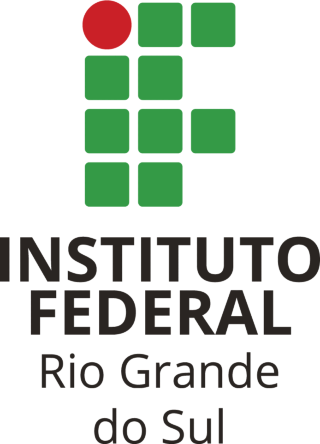Estratégias pedagógicas para o desenvolvimento das habilidades linguísticas de estudantes com transtorno do espectro autista (TEA)
| Title: | Estratégias pedagógicas para o desenvolvimento das habilidades linguísticas de estudantes com transtorno do espectro autista (TEA) |
| Author: | Dutra, Dimas Rodrigues |
| Abstract: |
Este trabalho teve como objetivo conhecer algumas das estratégias pedagógicas referentes às habilidades linguísticas, adotadas para estudantes com Transtorno do Espectro Autista (TEA), em tempos de isolamento social e, destacar aspectos promissores quanto à aprendizagem, de maneira a contribuir com outras pesquisas da área da educação inclusiva, para além da emergência da COVID-19. Para isso, realizou-se um estudo de caso em uma escola da região do Vale do Caí (RS). O estudo de abordagem qualitativa, de cunho exploratório e utilizou como instrumento de coleta de dados um questionário semiestruturado. Os sujeitos da pesquisa foram as professoras de Língua Portuguesa e Atendimento Educacional Especializado (AEE) que atendem a esses alunos. No momento da pesquisa, havia apenas um estudante diagnosticado com TEA. Os dados coletados foram analisados a partir de princípios da Análise de Conteúdos, problematizando sobre o desenvolvimento das habilidades linguísticas na área de Língua Portuguesa, a inclusão sob a perspectiva da educação inclusiva, a diferenciação entre autismo e transtorno do espectro autista, a educação inclusiva na emergência do isolamento social, fundamentalmente baseado em autores como: Mantoan (2003), Macedo et al (2011), Pletsch (2011), Dias (2015), Santos e Peixoto (2009), Ishihara et al (2016), Souza e Dainez (2020), Hattge (2021), Zilio (2005), Silva (2020) e Santos (2020). Os resultados obtidos através desta pesquisa mostram que atividades envolvendo a utilização de recursos audiovisuais como imagens e vídeos; a realização de atividades curtas e, a manutenção do vínculo com o aluno diagnosticado com TEA, no sentido de reconhecer sua realidade e suas necessidades, são algumas estratégias pedagógicas eficientes para que o aluno em questão possa desenvolver com qualidade as habilidades linguísticas. This work aimed to know some of the pedagogical strategies related to language skills, adopted for students with Autistic Spectrum Disorder (ASD), in times of social isolation, and to highlight promising aspects of learning, in order to contribute to other research in the area inclusive education, in addition to the emergence of COVID-19. For this, a case study was carried out in a school in the region of Vale do Caí (RS). The study had a qualitative approach, an exploratory nature and used a semi-structured questionnaire as a data collection instrument. The research subjects were the Portuguese Language and Specialized Educational Service (AEE) teachers who attend these students. At the time of the survey, there was only one student diagnosed with ASD. The collected data were analyzed from the principles of Content Analysis, discussing the development of language skills in the Portuguese language area, inclusion from the perspective of inclusive education, the differentiation between autism and autism spectrum disorder, inclusive education in emergence of social isolation, fundamentally based on authors such as: Mantoan (2003), Macedo et al (2011), Pletsch (2011), Dias (2015), Santos and Peixoto (2009), Ishihara et al (2016), Souza and Dainez (2020), Hattge (2021), Zilio (2005), Silva (2020) and Santos (2020). The results obtained through this research show that activities involving the use of audiovisual resources such as images and videos; carrying out short activities and maintaining the bond with the student diagnosed with ASD, in order to recognize their reality and needs, are some efficient pedagogical strategies so that the student in question can develop language skills with quality. |
| URI: | https://dspace.ifrs.edu.br/xmlui/handle/123456789/928 |
| Date: | 2021 |
Files in this item
| Files | Size | Format | View | Description |
|---|---|---|---|---|
| 123456789928.pdf | 611.6Kb |
View/ |
Texto completo |



